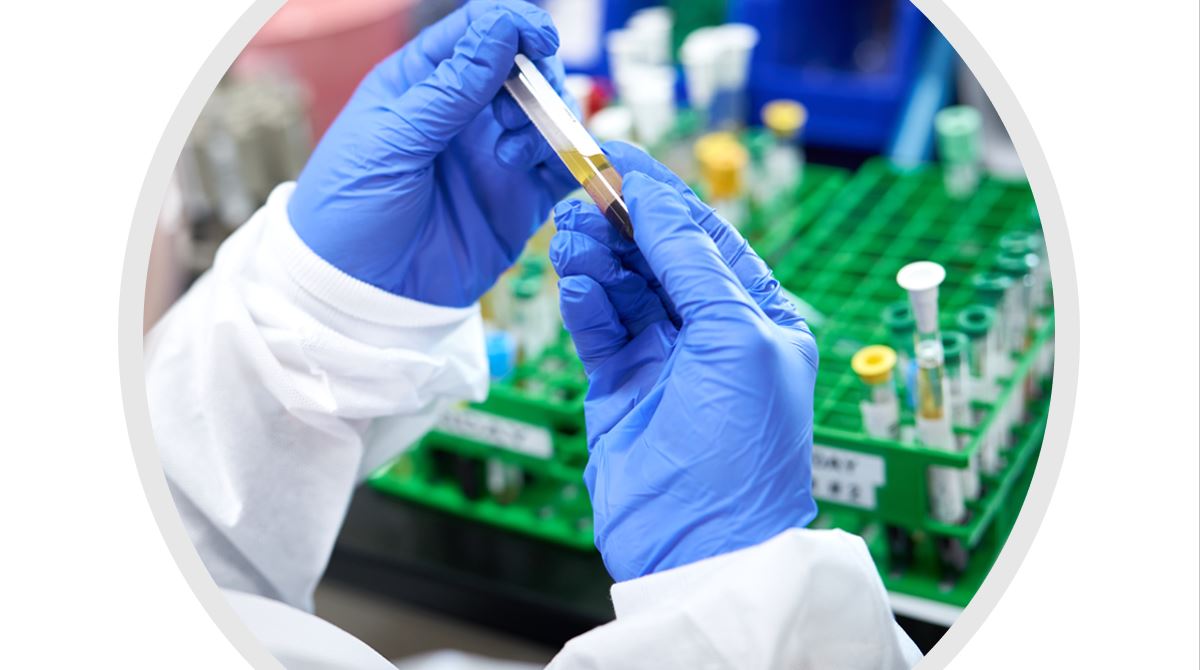News & Trends - Pharmaceuticals
Monash Uni scientists engineer low-cost immunotherapies for cancer patients

Pharma News: Researchers from Monash University are paving the way for accessible and affordable cancer treatments by using powerful nanoscale tools to overcome the high costs and long lead-times associated with one of the world’s newest forms of immunotherapy – CAR-T cell therapy.
CAR-T cell therapy alters white bloods cells (or ‘T cells’) to directly and precisely kill cancer cells – the T cells are taken from the patient’s blood, genetically engineered and then infused back into the patient to attack the cancer cells. It’s generated enormous global excitement due to promising results in treating some blood cancers, however it’s slow and expensive (>A$600k per patient) because of the many steps involved in the end-to-end process.
The team at Monash University’s Institute of Pharmaceutical Sciences (MIPS), led by Professor Nicolas Voelcker and Dr Roey Elnathan, have initiated the use of nanotechnologies to simplify the process by completely eliminating what is currently the most expensive and time-consuming step to CAR-T cell manufacturing – the use of an inactive virus (viral vector) to genetically encode the T cells.
Viral vectors are the root causes of the high costs and treatment delay in current CAR-T cell manufacturing and the global market for a low-cost, non-viral CAR-T cell manufacturing process is substantial.
Dr Elnathan says “There is an urgent need for a scalable, low-cost, streamlined CAR-T cell manufacturing process that does not rely on viral transfection methods.”
“At MIPS we’re using nanotechnologies to enable targeted delivery of non-viral synthetic molecules into the interiors of primary immune cells which are notoriously difficult to transfect. We’ve already shown that this can be done through a scalable route without the viral component.”
The MIPS team has already demonstrated that silicon nanosyringes can directly transport bioactive molecules – DNA, RNA, proteins, and gene-editing tools – into primary immune cells, with their preliminary findings recently published in two high-impact journals: Advanced Materials and Small.
Professor Voelcker says “This exciting breakthrough is a platform for making a paradigm shift at the interface of nanotechnology and immuno-oncology, which will have huge benefits for patients around the globe.”
“The non-viral process would reduce the complexities and eliminate the safety issues associated with viral vectors, with the potential to change the business model of the therapy from boutique to widely affordable.”
“Furthermore, the nanotechnology has the potential to be conducted entirely within the hospital, offering huge benefits for patients and their healthcare team.”
MIPS is collaborating with ULVAC Inc. in Japan to scale up fabrication of the silicon nanosyringes, which will be critical for rolling out the new technology. It will take several years to develop a clinical-grade non-viral CAR-T therapy.
Digital & Innovation

Medical drone to reduce health equity gaps in rural and remote Australia
A specialised medical drone which increases accessibility to essential health services such as pathology, medicines, and telehealth services in rural […]
MoreNews & Trends - Pharmaceuticals

We’ve spent more on healthcare, but it’s been worth it
Healthcare expenditure is surging, with Australia now allocating approximately one-tenth of its budget to this sector. This financial uptick prompts […]
MoreNews & Trends - Pharmaceuticals

New partnership to raise the bar in precision oncology in Queensland
Pharma News: The Australian Translational Genomics Centre (ATGC) is teaming up with non-profit research organisation Omico and the PrOSPeCT program […]
MoreNews & Trends - Biotechnology

AusBiotech appoints new CEO: Former Sanofi corporate affairs and sustainability leader takes the helm
Biotech News: AusBiotech, the nation’s leading industry body for the biotech sector, has named former leader at Sanofi, Rebekah Cassidy, […]
More